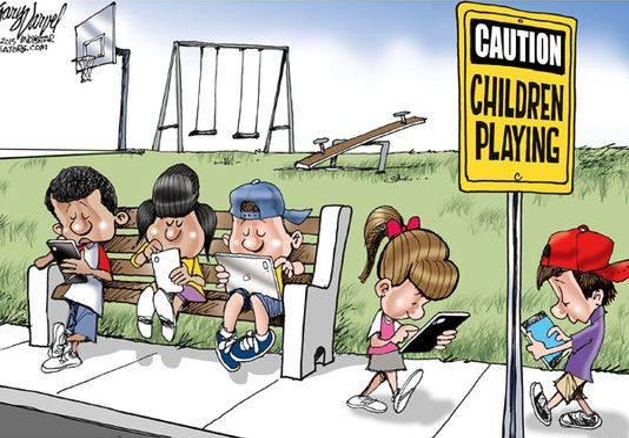A Comic to Educate Youth and Families on Internet Risks and Dangers
The Edelvives Group and the National Police have launched Guardians of the Net, a comic designed to help minors, families, and educators understand and address the risks present in the digital environment.
Addressing Online Dangers Through Stories
Guardians of the Net targets children aged 10 to 14, teachers, and families. It features four stories written and illustrated by Santy Gutiérrez. Each story focuses on a specific online threat: identity theft, cyberbullying, grooming, and sexting. These narratives can be used individually or collectively in schools or at home to raise awareness and encourage proactive discussions about online safety.
According to Rosa Luengo, Editorial Creation Director at Edelvives, “Giving a child a smartphone with internet access often exposes them to risks that families may not fully understand.” The goal, she explains, is twofold: to inform about these dangers and to foster open communication between parents and children.
The comic, available online and through the Tatum digital reading platform, will soon be accompanied by an activity guide for educators.
The Importance of Recognizing Online Risks
Diana Díaz, director of ANAR Foundation’s helplines, emphasizes that “the internet is a gateway to virtually every danger imaginable.” She points out that children lack the maturity and critical thinking skills necessary to navigate these challenges safely. Statistics from ANAR’s support lines reveal alarming trends, with technology linked to 33% of self-harm cases, 51.5% of suicide attempts, and nearly 44% of adolescent gender-based violence cases in 2022.
Sonsoles Bartolomé, head of ANAR’s legal department, highlights how predators exploit digital anonymity, stating, “In the physical world, predators might hesitate, but online, they only need a device and an internet connection.”
Cybersecurity Tips for Young People
To help minors navigate online risks, the ANAR Foundation offers the following recommendations:
- If facing cyberbullying, seek help via ANAR’s helplines (900 20 20 10). Do not delete evidence as it may be needed for reporting.
- Configure social media privacy settings to restrict access to friends only.
- Avoid sharing personal information or engaging with unknown contacts. Use strong, unique passwords.
- Do not create or share compromising photos or videos, as they can be retrieved even if deleted.
- Never share intimate secrets or photos online, even with trusted individuals.
- Avoid meeting strangers you encountered online.
- Cover webcams when not in use and avoid using them with unknown contacts.
- Regularly update and change passwords, and avoid storing them on shared devices.
- Stay alert for signs of unhealthy relationships or gender-based violence. Seek guidance from trusted adults when in doubt.
These resources and tips aim to empower young people and their families to navigate the digital world responsibly and securely.
